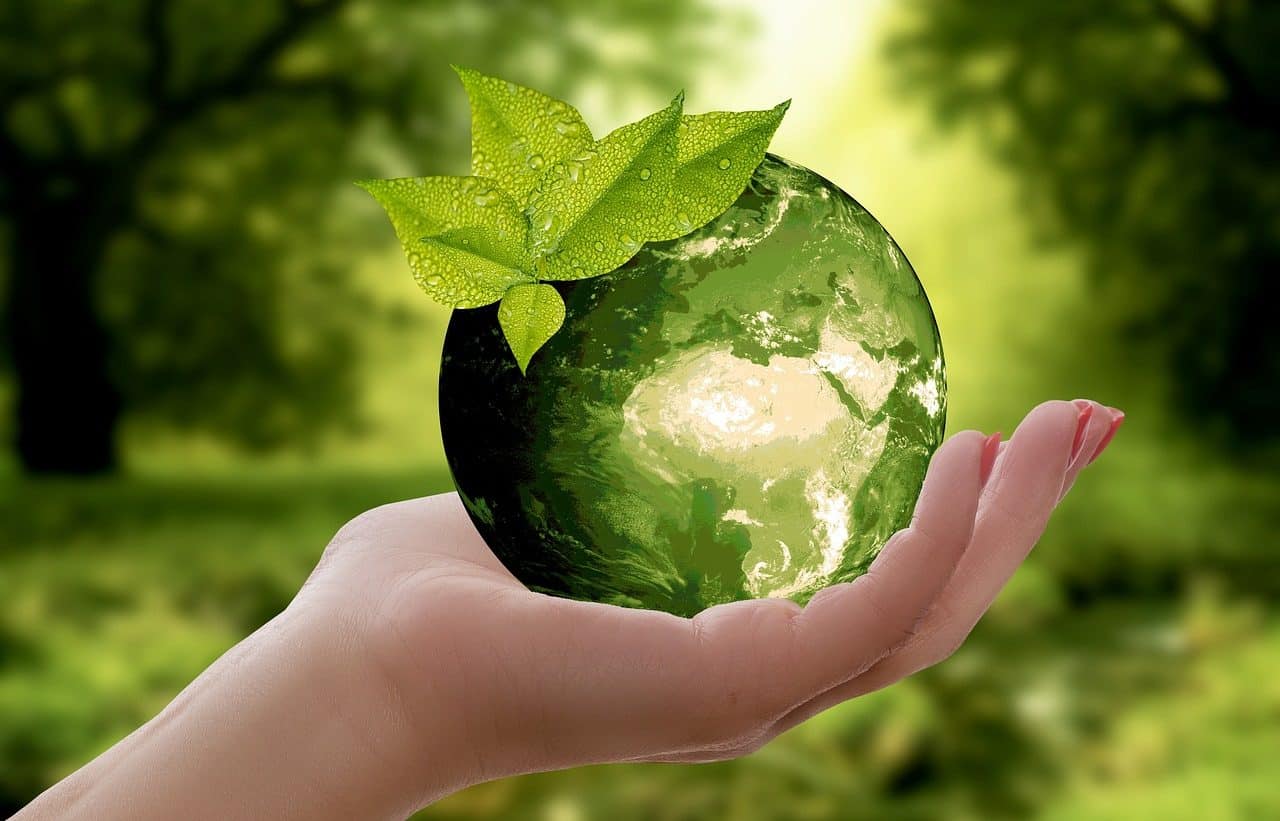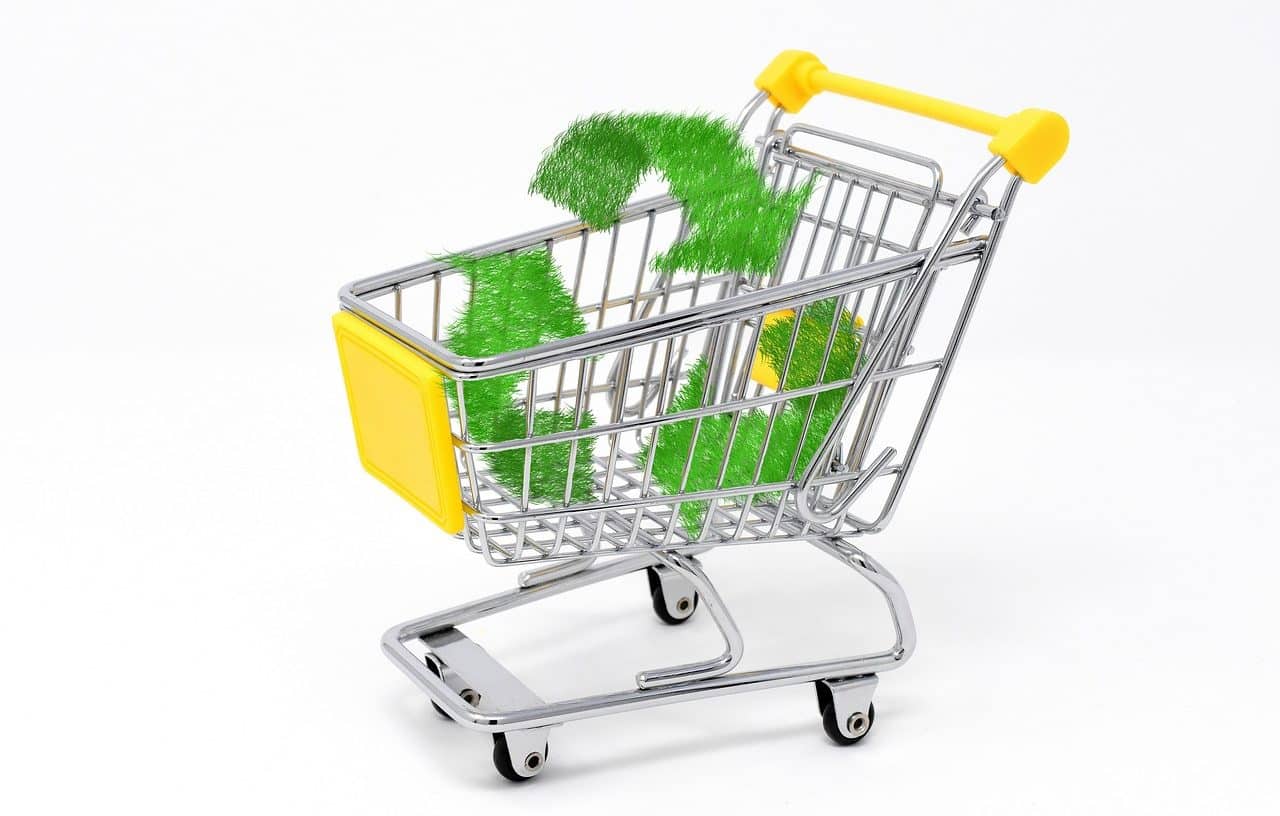
The circular economy encourages minimizing waste generation, recycling and reusing resources to extend their useful life.
Circular economy is an expression that identifies a modality of both production and consumption supported by practices that are friendly to the planet and the pocket of each individual. It is a philosophy that focuses on design and reuse as keys to generating a significant reduction in waste , promoting the recovery of materials and, ultimately, extending the life cycle of the product .
Recycling , composting , responsible consumption and eco-design are essential to support this productive model in which many wastes that are commonly considered garbage are seen as resources suitable for use.
Dynamics of the circular economy
To achieve and complete the dynamics of the circular economy , the so-called urban recuperators are valuable and necessary, first of all. The work of those men and women who rescue waste is essential for good and efficient urban waste management .
The generation of renewable energy and its use is another pillar of this type of action that encourages social progress, taking into consideration the care and preservation of the environment to satisfy human needs without ruining ecosystems or violating the rights of other species.
This transformation also aims to establish a clean production system that leads to savings and effective use of raw materials, minimizing the use of natural resources as much as possible and seeking to considerably reduce the emission of polluting gases . In this regard, it is interesting to note that efforts aimed at cutting or minimizing the carbon footprint must include everything from responsible consumption to habits that enrich sustainability .
Embrace with conviction the principles of permaculture to interact in harmony and in a balanced way with soils, animals and environments (through the development of urban gardens, for example), commit to ecological (or low-polluting) means of transport and implement eco-efficiency strategies They contribute to creating and multiplying sustainable communities on a global scale.

Sustainable development seeks a balance between satisfying the needs of the population, caring for the natural environment and economic progress without putting the future of the planet at risk.
Measures and practices in favor of the environment
Whether due to government regulations or as a result of greater social awareness in relation to caring for the planet, there are more and more measures and practices in favor of the environment .
The drive for the circular economy to be established and deepened in each of the nations encompasses a large number of issues that revolve around the manufacture, use, use , useful life and responsible disposal of products.
In this context, an ambitious strategy that attempts to meet the goal of “zero waste” becomes relevant. Thus, we seek to create elements that are as durable as possible; that the amount of raw materials and resources used for their development, transfer and commercialization be reduced to the maximum; and that users invest conscientiously and care for, value, repair and reuse the parts and goods they acquire. The plan designed to significantly reduce the level of garbage includes teaching (and learning) how to avoid food waste and take advantage of food leftovers; to promote the recycling of plastic and many other materials (including paper, glass and cardboard) and to stimulate the process known as remanufacturing , for example.
In order to guarantee the conservation of biodiversity and to fight environmental problems that for years have threatened the well-being of all species and ruined habitats (such as pollution , droughts, floods, etc.), it is essential to continue without pause the energy transition path that has already begun, encourage the creation of green jobs and fuel interest in projects and solutions focused on so-called clean technologies .

A green purchase is defined as each material acquisition or contracting of a service that is carried out responsibly and taking sustainability into account.
The circular economy in the business world
The circular economy is gaining relevance in the business world. Little by little, more and more companies and ventures reflect their Corporate Social Responsibility through environmental sustainability programs and policies , in addition to adapting their procedures, testing methods and work techniques to avoid causing animal suffering or intentionally destroying ecosystems.
Offering sustainable packaging that is practical because it is lightweight, biodegradable and recyclable and meets the requirements for obtaining ecological certifications are efforts that demonstrate a growing trend regarding companies seeking to be respectful of nature.
Little by little, as reality emerges, the consumerist model marked by waste , overexploitation of resources and the habit of using and throwing away is being left behind. Planned obsolescence , which set a deadline for products in order to provide them with a specific useful life without giving them a chance to be repaired, is no longer on the rise. Now, on the other hand, it is fashionable to stretch the life cycle of materials (an action that even has economic benefits because it encourages saving money), minimize the generation of waste , redesign elements , reuse parts and recover, using renewal, repair and reconditioning, furniture, clothing, accessories, footwear, decorative objects, utensils, etc.
